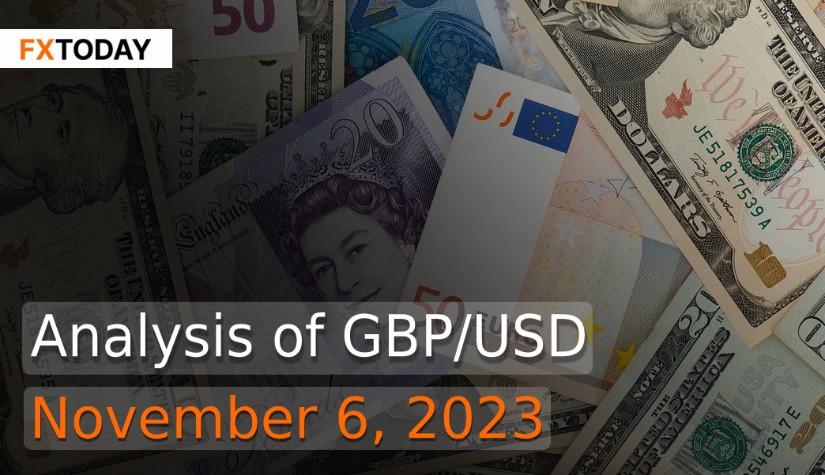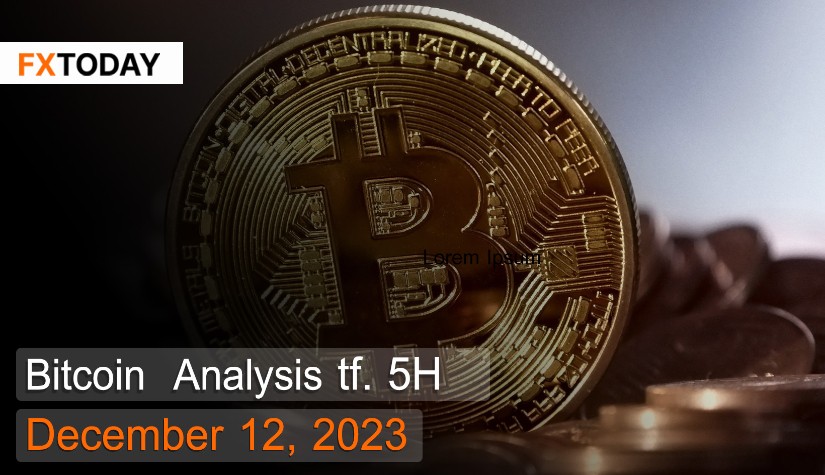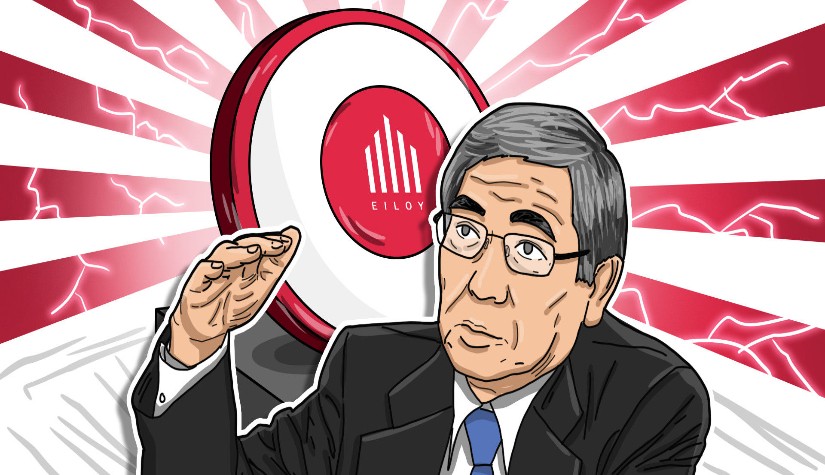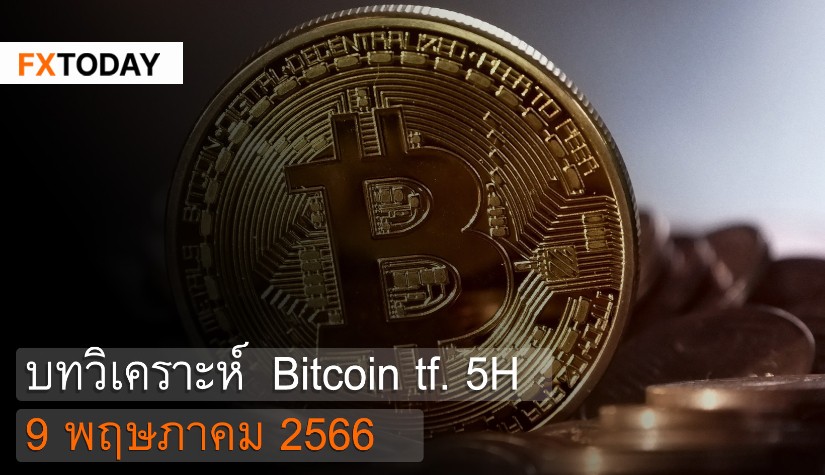BoE Holds Rates, US Dollar's Decline
The GBP/USD exchange rate remained steady due to concerns about the economic outlook, potential recession, and persistent inflation. The BoE decided to hold interest rates at 5.25% to combat the world's highest inflation among major economies. Despite acknowledging a near-recession and slow growth, the BoE emphasized its commitment to keeping borrowing costs high, focusing on consumption, which accounts for about 60% of GDP.
The UK recruitment industry faced challenges, including a cooling labor market, difficulty offering competitive pay rises, and a reduced flow of candidates. This decline followed the "great resignation" during the pandemic, which had previously boosted the market value of UK recruitment firms.
In a recent speech at King's College London, Andrew Hauser from the Bank of England (BoE) outlined three key challenges for central banks: addressing technology-induced bank runs, managing central bank balance sheet size in the context of inflation targets, and ensuring financial system stability during systemic liquidity shocks. These concerns arose due to rapid deposit runs at banks such as Silvergate Capital, Silicon Valley Bank, Signature Bank, and First Republic Bank, emphasizing the need for financial resilience. Hauser mentioned that the BoE has increased reserves beyond pre-2008 levels to maintain stability and control in monetary matters.
The BoE believed the UK had only experienced half the effects of the recent interest rate hikes, with potential for more economic impact. However, doubts existed about whether the economy could withstand the full impact, leading to market expectations of rate cuts within nine months.
In October, UK service sector input costs were modestly affected by falling raw material expenses and supplier discounts, while persistent wage and fuel cost pressures continued. The sector lost momentum for the third consecutive month due to high interest rates and cost of living pressures, leading to weaker demand. New orders declined, driven by weak domestic demand, although international orders from the US and the Middle East remained strong.
British government bond yields fell sharply as investors reacted to the bleak economic outlook presented by the BoE, suggesting potential rate cuts in the future. In September, UK consumer price inflation was 6.7%, the highest among advanced economies. The BoE predicted a drop in inflation to 4.8% in October but remained concerned about strong wage growth fueling price pressures.
The US dollar fell to a six-week low due to lower job growth than expected in October. Despite traditional seasonal weakness, the dollar was expected to remain strong through 2023, driven by US macro outperformance and a hawkish Fed.
The US labor market experienced a slowdown in October, impacted by strikes in the automobile industry. The unemployment rate reached 3.9%, while wage growth slowed to a two-and-a-half-year low of 4.1%.
The US dollar's decline corresponds to a drop in US Treasury yields, driven by smaller-than-expected increases in long-term Treasury supply. This has reduced the likelihood of a December rate hike from nearly 20% to less than 5%.
While a US economic slowdown is anticipated in the coming quarter and potential Fed easing in 2024 may lead to dollar depreciation, recent data has shown continued economic strength, with consumer prices and third-quarter GDP outperforming expectations. Powell mentioned the possibility of further policy tightening but stressed the need for cautious decision-making due to ongoing economic uncertainties. Hence, the pound could experience minor fluctuations in a limited range during this time, as the yields in both countries remain relatively similar, unless significant global economic disruptions occur, which could impact stability.
Data for Technical Analysis (5H) CFD GBP/USD
Resistance : 1.2376, 1.2379, 1.2384
Support : 1.2366, 1.2363, 1.2358
5H Outlook
30Min Outlook
Source: Investing.com
Buy/Long 1 If the support at the price range 1.2356 - 1.2366 is touched, but the support at 1.2366 cannot be broken, the TP may be set around 1.2377 and the SL around 1.2351, or up to the risk appetite.
Buy/Long 2 If the resistance can be broken at the price range of 1.2376 - 1.2386, TP may be set around 1.2390 and SL around 1.2361, or up to the risk appetite.
Sell/Short 1 If the resistance at the price range 1.2376 - 1.2386 is touched, but the resistance 1.2376 cannot be broken, the TP may be set around 1.2364 and the SL around 1.2391, or up to the risk appetite.
Sell/Short 2 If the support can be broken at the price range of 1.2356 - 1.2366, TP may be set around 1.2351 and SL around 1.2381, or up to the risk appetite.
Pivot Points Nov 06, 2023 03:29AM GMT
| Name | S3 | S2 | S1 | Pivot Points | R1 | R2 | R3 |
|---|---|---|---|---|---|---|---|
| Classic | 1.2351 | 1.2358 | 1.2364 | 1.2371 | 1.2377 | 1.2384 | 1.2390 |
| Fibonacci | 1.2358 | 1.2363 | 1.2366 | 1.2371 | 1.2376 | 1.2379 | 1.2384 |
| Camarilla | 1.2366 | 1.2368 | 1.2369 | 1.2371 | 1.2371 | 1.2372 | 1.2374 |
| Woodie's | 1.2351 | 1.2358 | 1.2364 | 1.2371 | 1.2377 | 1.2384 | 1.2390 |
| DeMark's | - | - | 1.2361 | 1.2369 | 1.2374 | - | - |
Sources: Investing 1, Investing 2
Maximize your knowledge: Blog
















